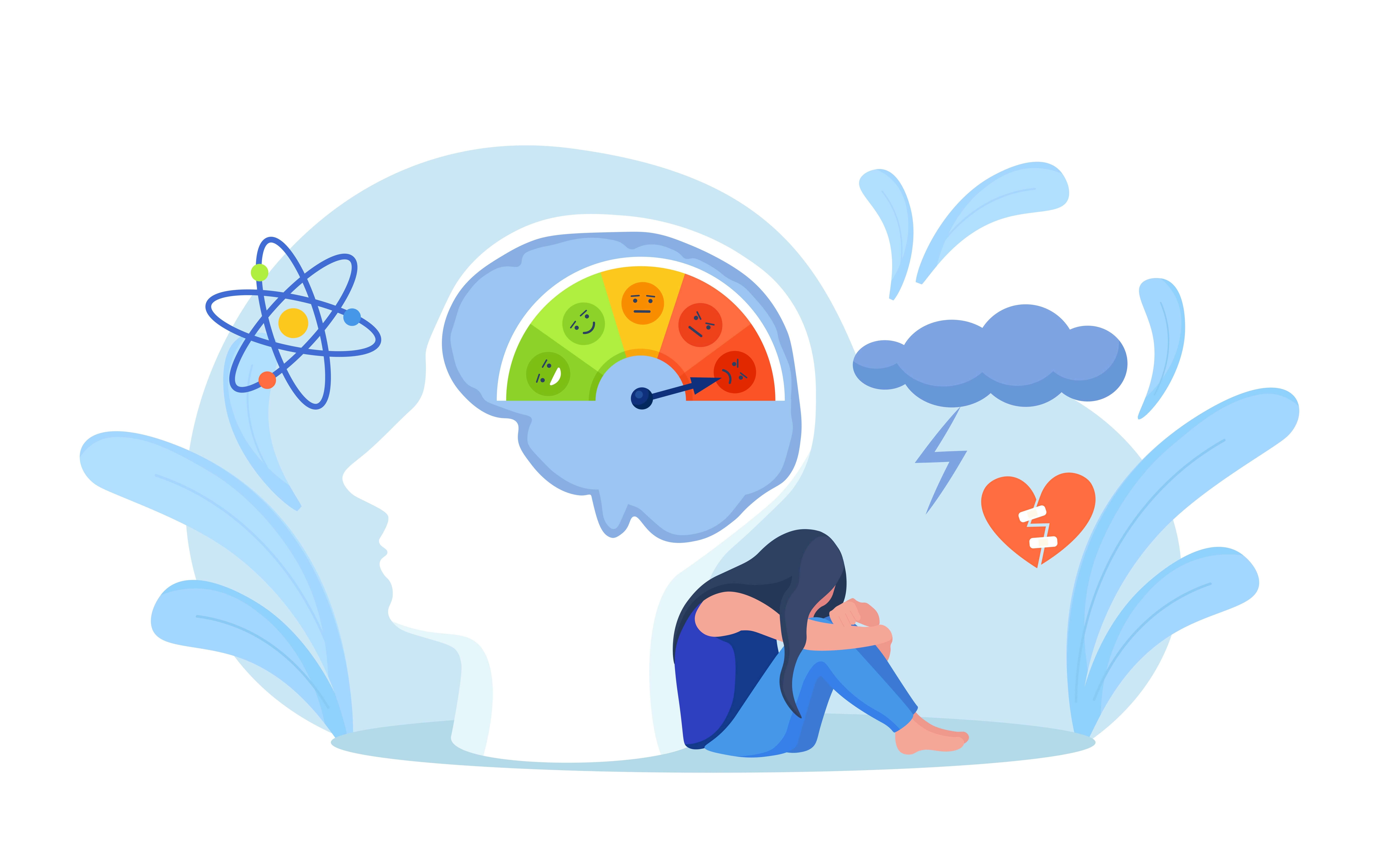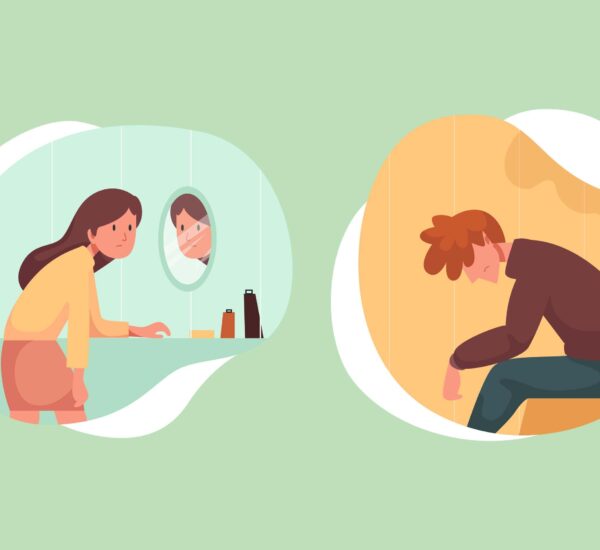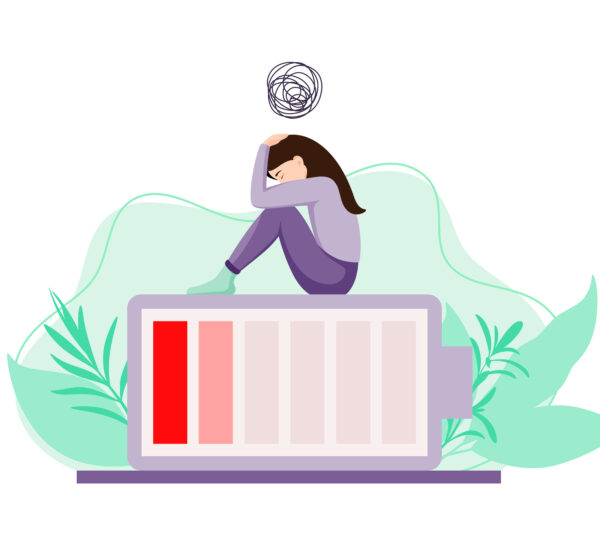Have you experienced unexplained severe sadness and threw off your natural perception in life into chaos? Then you might have already scoured the internet to self-diagnose through a depression test. If that’s an accurate representation of what happened in your case, then you might think about its potential role in mental healing.
This type of assessment is just one of the common ways to identify whether or not a person is suffering from depression. While the available access can help make you feel at ease, it can still be dangerous to self-diagnose. That’s why it is essential to have proper guidance from mental health practitioners to receive a more accurate diagnosis.
In this blog, we’ll be discussing the aspect of depression and the role of assessment tests. Let’s begin!
Understanding Depression and Its Impact

Depression is a serious mental health condition classified as a mood disorder, which can range from mild to severe. The most common form of this condition is the major depressive disorder, which is characterized by persistent feelings of sadness, hopelessness, and loss of interest in activities.
With such a type of mental state, it can significantly impact one’s daily life, including relationships, work, and overall well-being. So, if you suspect you may be experiencing this condition, proper diagnosis is a must. It’s best to visit a professional to properly assess your condition rather than searching for a diagnosis on the internet.
The Importance of Recognizing Symptoms
Recognizing the symptoms of depression is the first step towards getting the help and support you need. Some of the main symptoms of depression include:
- persistent sadness
- feelings of hopelessness or worthlessness
- loss of interest or pleasure in activities
- changes in appetite or weight
- changes in sleep patterns
- loss of energy
- difficulty concentrating
- thoughts of death or suicide

It is important to note that everyone’s experience of depression may be different, and some individuals may not exhibit all of these symptoms. However, if you are experiencing several of these symptoms for an extended period of time, it is important to reach out to a mental health professional for a proper evaluation and diagnosis. Early recognition and intervention can lead to better outcomes and improved quality of life.
How Depression Affects Daily Life
As mentioned, depression is a serious condition that may affect the different aspects of life. It can affect your ability to function at work or school, disrupt your relationships with friends and family, and take a toll on your physical health. Moreover, depression can also affect sleep patterns, appetite, and overall physical health.
In short, developing this condition can be alarming and must be addressed immediately. It is important to seek treatment to manage the impact of depression on daily life and improve overall well-being.
The Role of Self-Assessment Tools

We’ve mentioned earlier a tool that experts use to diagnose a patient’s mental health. There are also tests available online that show what patients likely access when they suspect they have depression. One commonly used self-assessment tool is the Patient Health Questionnaire-9 (PHQ-9). This test commonly entails a series of personal questions involving what you commonly think or possible decisions in life involving your emotions.
The assessment plays a vital role because it can provide a starting point for individuals to have conversations with healthcare professionals and seek appropriate treatment and support. It is important to note that self-assessment tools are not a substitute for a formal diagnosis from a mental health professional, but can serve as a helpful tool in recognizing potential symptoms. Thus, helping patients to take the first step which is seeking help.
How Can Tests Help
Self-assessment tools can help individuals in various ways when it comes to addressing their mental health:
- They provide a structured framework for individuals to assess their symptoms and experiences related to depression
- They can help individuals identify potential symptoms they may not have been aware of or may have overlooked
- They can serve as a starting point for conversations with healthcare professionals, providing valuable information for a more accurate diagnosis
- They can help individuals gain a better understanding of their mental health and provide a sense of empowerment in taking control of their well-being
Limitations and When to Seek Professional Advice

While self-assessment tools can be beneficial, it is important to remember that they are not a substitute for professional diagnosis and treatment. It is only a tool that can provide a glimpse of your mental health, which doesn’t provide the overall situation.
Some limitations to consider include:
- Self-assessment tools may not capture the full range of symptoms and experiences associated with depression
- They rely on self-reporting, which may be influenced by individual perspectives and biases
- They cannot provide a definitive diagnosis and should not be used as a substitute for professional evaluation and treatment
If you have completed a self-assessment tool and have concerns about your mental health, it is important to seek the support of a qualified mental health professional. They can provide a comprehensive evaluation, offer a diagnosis if appropriate, and develop an individualized treatment plan tailored to your specific needs. Remember, seeking help from a mental health professional is an important step towards understanding and managing your mental health.
Beginner’s Guide to Taking a Depression Test
Taking a depression test is an important first step on your journey to understanding and managing your mental health. Here is a beginner’s guide to help you navigate the process:
Step 1: Finding the Right Professional
- Research and identify mental health professionals who specialize in depression and have experience in conducting depression tests
- Consider factors such as their qualifications, experience, and compatibility with your needs and preferences
Step 2: Scheduling Your Appointment
- Contact the chosen professional to schedule an appointment for the depression test
- Discuss any specific concerns or questions you may have about the test or the process
Step 3: Understanding the Types of Depression Tests
- Familiarize yourself with the different types of depression tests, such as the Patient Health Questionnaire (PHQ-9) or the Beck Depression Inventory (BDI)
- Understand the purpose and format of each test to know what to expect during the evaluation
Step 4: Participating in the Test
- Be open and honest in your responses during the depression test
- Share any relevant information or experiences that may help the professional gain a comprehensive understanding of your mental health
Step 5: Interpreting the Results With Your Doctor
- Discuss the results of the depression test with your healthcare professional
- Seek clarification on any aspects that you may not understand and ask questions about the next steps in your treatment journey
By following this beginner’s guide, you can navigate the depression test process with confidence and actively participate in your mental health journey.
Understanding Your Diagnosis
After taking the depression test, the health care provider will analyze and further assess your situation. During this stage, you’ll be able to understand the accurate diagnosis that the expert will derive from your test. In short, this is the part where the doctor will explain the impact of your answers, and provide the level of depression you might have. Thus, helping you to receive a tailored treatment plan to manage the condition.
Exploring Treatment Options

There are several methods that the health expert can introduce to help manage your depression. That involves medication, therapy sessions, and even attending support groups.
Take note that these options are chosen to specifically address your current condition. If you have concerns regarding the recommended treatment, you can always ask for clarifications about them. That way, you can also share which form of treatment you are more comfortable with.
Here are some common treatment options:
- Psychotherapy (cognitive-behavioral therapy or interpersonal therapy)
- Antidepressant medications
- Lifestyle changes
- Support groups
- Complementary and alternative therapies (yoga, acupuncture, meditation)
Final Takeaway
Everyone is entitled to have health assistance, especially when it comes to mental health. That’s why when you are suffering from a mental conflict, there’s no need to be afraid of seeking help. While self-diagnosis can be convenient, it will only provide a temporary peace of mind.
If you want to verify whether or not you have depression, taking a depression test alone will not suffice. It is best to seek a professional’s help to guide you on your mental healing.
Begin your journey today and book an online consultation with a psychiatrist for a full assessment.



